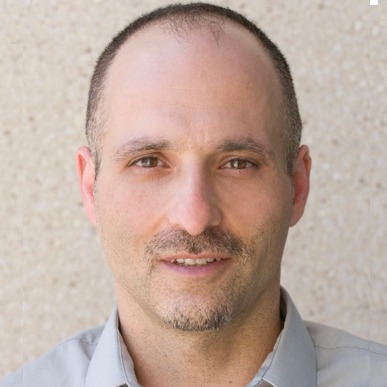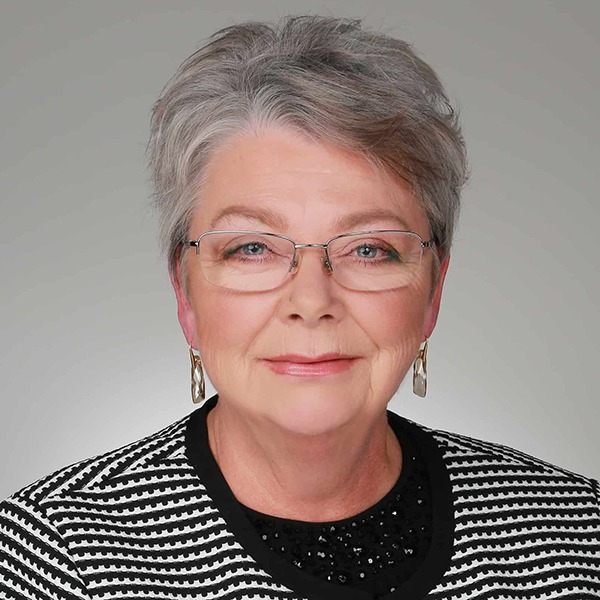Fluid Therapy in Horses - Dehydration, Sepsis & Haemorrhage
Species
Equine
Contact Hours
3 Hours
Early Booking Deadline
Thu, 01 January, 1970
Registration Deadline
Thu, 01 January, 1970
Language
English
Discipline
Emergency & Critical Care
Internal Medicine – Endocrinology, Haematology, Infectious Diseases, Parasitology & Oncology
Pathology - Clinical & Gross
Sports Medicine
Toxicology & Pharmacology
Industry Partners
Global

Veterinary Partners
Global


Recorded on: 14th December 2021
Panelists:
Pam Wilkins DVM, DACVIM, DACVECC - University of Illinois, USA
Bettina Dunkel DVM, PhD, DACVIM, DECEIM, DACVECC, FHEA, MRCVS - RVC, UK
Gary Magdesian DVM, DACVIM, DACVECC, DACVCP, CVA - UC Davis School of Veterinary Medicine, USA
Moderator:Harold Schott DVM, PhD, DACVIM - Michigan State University, USA
CONTENT DESCRIPTION
Correction of body fluid and electrolyte deficits and subsequent maintenance of adequate hydration are the goals of supportive fluid therapy. Body fluid losses however vary with disease process and are also closely correlated to the level and length of physical exertion and weather conditions. Furthermore, commercial fluid replacement products vary in composition and several routes of fluid administration are available: intravenous, enteral, rectal, and interosseous. The international panel of experts will present their approaches to supportive fluid therapy through case-discussions, highlighting practical approaches and sharing tips & tricks that can be used in the field as well as current controversies in fluid therapy.
Bettina graduated from The Free University of Berlin in 2001. Following a Dorothy Havemeyer fellowship at Tufts University, Bettina completed a rotating equine internship at the Marion duPont Equine Medical Center in Leesburg, VA and a large animal internal medicine and emergency and critical care residency (alternate track) at the University of Pennsylvania and has been a member of the American College of Veterinary Internal Medicine and the American College of Veterinary Emergency and Critical Care since 2005. After moving to the UK, Bettina attained her PhD, focusing on equine platelet and neutrophil function, from the University of London in 2008. Bettina has been employed at the Royal Veterinary College since 2008 and is now an Associate Professor in Equine medicine.
Gary graduated from US Davis , and went on to undertake internships at Texas A & M University and a residency at UC Davis. Gary is a diplomate ACVIM ACVECC and ACVCP.
He currently holds the position of Professor of Veterinary Medicine at UC Davis. He has clinical interests in neonatology alongside research interests in neonatology and critical care, fluid balance, and has contributed to/published in excess of 130 papers.
Dr. Hal Schott earned a bachelor’s degree from Cornell in 1980 and a DVM from the Ohio State University in 1984. He worked in a private equine practice in Santa Barbara, Calif., from 1984 to 1987 and followed that with a residency and PhD program at Washington State University from 1987 to 1991. He was on the WSU faculty from 1991 to 1995 as an instructor and then an assistant professor of equine internal medicine. In 1995, he came to Michigan State University as an assistant professor and progressed to associate and then full professor. He is a Diplomate of the American College of Veterinary Internal Medicine.
His clinical interests include all types of urinary tract disease in horses, and his research focuses on fluid and electrolyte physiology, especially with prolonged endurance exercise.
Pam is a 1986 graduate of Cornell University College of Veterinary Medicine. Between 1986 and 1989 she served as the originator and clinician for the equine neonatal intensive unit at Cornell, completing a Master’s degree in equine medicine and surgery simultaneously. Pam was in private practice from 1989 until 1991, when she began residency training in large animal internal medicine at New Bolton Center, University of Pennsylvania. Between 1993 and 1998, Pam completed a PhD in cardiorespiratory physiology at Cornell University. She joined the faculty at New Bolton Center in 1998 where she remained until accepting her current position at the University of Illinois Champaign-Urbana in 2008.
Pam is board certified in the specialties of Large Animal Internal Medicine and Emergency and Critical Care and has lectured extensively throughout the US and Europe. She has authored or co-authored over 370 research manuscripts, abstracts, proceedings, book chapters and invited manuscripts and participated in the training of 70 interns, residents and graduate students. Pam's particular areas of interest are perinatology, neonatology, critical care, emergency medicine, cardiorespiratory physiology and models of markers of disease severity.
Veterinary Student
Online Panel Discussion
USD 35.00
Qualified Vet
Online Panel Discussion
USD 85.00
Intern/Resident (Requires proof of status)
Online Panel Discussion
USD 65.00
Vet Nurse/Vet Tech (Requires proof of status)
Online Panel Discussion
USD 65.00
If the options you are looking for are unavailable, please contact us.
No tax will be added unless you are a UK taxpayer
Choose currency at checkout


















